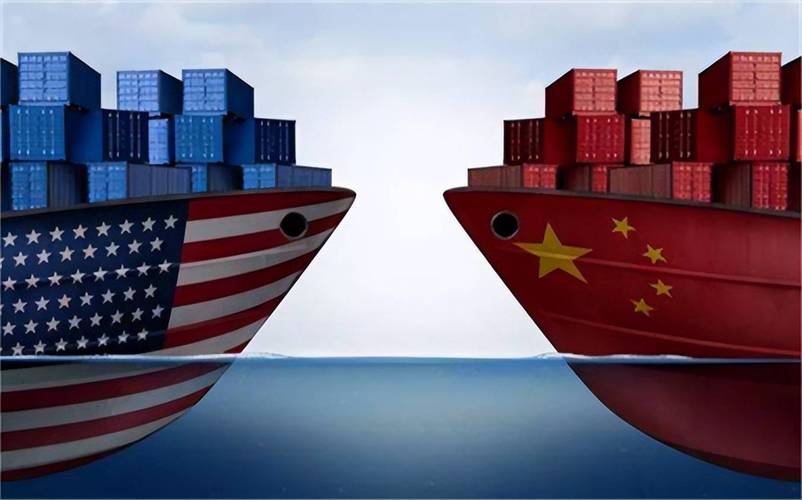
In a recent lobbying letter to the US government, the American Petroleum Institute warned that the industry was unable to comply with President Donald Trump’s rules against Chinese ships, the Financial Times reported yesterday, that is, by imposing“Port fees” on chinese-built vessels to force them to use us carriers“Because the US does not currently have ships that meet the transport requirements”.
In order to revive the US shipbuilding industry, the US Trade Representative’s office (USTR) issued a public notice on the 17th of this month saying that port fees would be imposed on Chinese ships after 180 days, restrictions on the use of foreign ships to transport LNG to the US will be introduced after three years and will be increased gradually over 22 years, with USTR encouraging the use of us-built and us-flagged vessels over this period.
The Financial Times said the US government could order the suspension of LNG export licences if the new rules were not complied with. However, the API argues that getting LNG producers to comply is an impossible task. There are no us-built vessels capable of carrying LNG and US shipyards do not have the spare capacity to build LNG carriers before the 2029 deadline, according to people familiar with the lobbying letter.
Earlier, several analysts also said LNG producers were having difficulty shipping goods to USTR’s standards. S & P Global said it cited higher costs to build ships in the U. S. compared with overseas yards, among other factors. Joseph, a fellow at the Center for Global Energy Policy at Columbia University, said it was“A pipe dream” for the US to build an LNG carrier in the next few years and that shipyards did not have the experience or technology to build LNG carriers.
China is actually building about 7 per cent of the world’s LNG fleet, according to S & P Global, but it has been gaining market share, accounting for about 28 per cent of global LNG carrier orders.
The API challenged USTR’s policy, saying it could hurt LNG, a $34bn-a-year export industry that is at the heart of Donald Trump’s“Energy Leadership” agenda. The institute fears the USTR action could also prompt future US administrations to“Get creative” and use similar tactics to suspend export licences. Riedel, executive director of the LNG Centre, a US industry group, said the new rules risked destabilising long-term contracts and raising costs for buyers around the world. Rojas, Global LNG analyst at S & P, said the White House’s restrictions on Chinese ships had so far had a limited impact on the US LNG industry, but it would be three years before the real challenge began.
The new USTR rules on Chinese ships have also triggered a wave of lobbying by other exporters, the FT said. That, they warn, will push up freight costs. The Nikkei Asia review recently reported on the impact of the new rules on car transport, saying that the cost of a car carrier docking in a U. S. port could exceed $1 million. These costs could eventually be passed on to carmakers and“Effectively amount to a new tariff on imported cars”. The Ministry of Land, Infrastructure, Transport and Tourism has already begun assessing the impact on Japanese car exports to the US.